Climate Protection Program
DEQ 2023 Climate Rulemaking Advocacy*
Talking Points and Sample Testimony
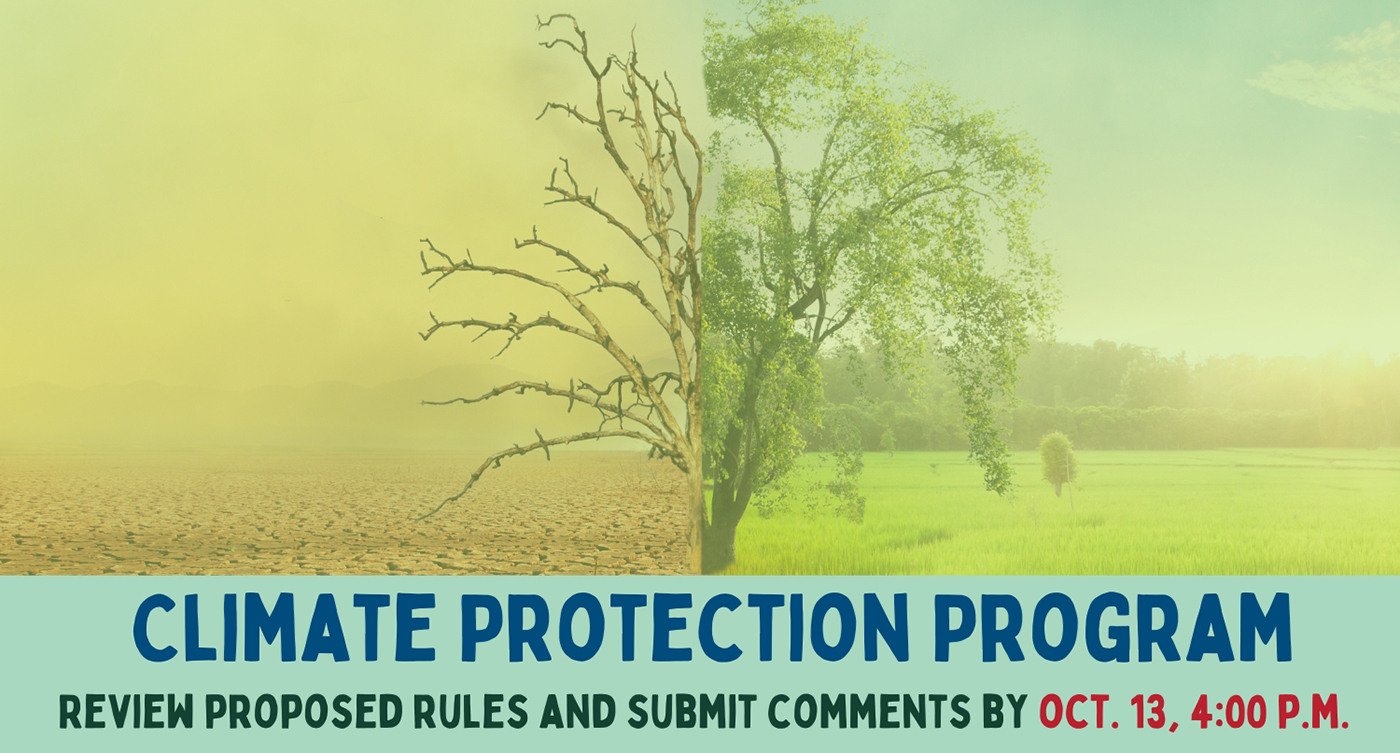
WHY WE'RE INVOLVED
Beyond Toxics fought hard in the legislature to advance a climate protection program that holds climate polluters accountable for their GHG emissions that are leading to hotter and unpredictable climate and weather patterns. We need all voices to be heard by our state decision makers to make clear that Oregon must move forward on reducing climate-warming pollution and not allow fossil fuel industries to force us to slide backwards.
BACKGROUND
Oregon’s Climate Protection Program (CPP) is one of our strongest climate policies – it requires big polluters to drastically cut their emissions over time. Unfortunately, the cornerstone CPP is currently under attack, threatened by attempted rollbacks by regulated industries.
The Environmental Quality Commission adopted the CPP after a robust year-and-a-half long rulemaking process and extensive public input, including more than 7,600 public comments. By reducing climate and air pollution from buildings, transportation systems, and industries, the CPP will provide immediate public health benefits and cost-saving for communities historically impacted by environmental injustice. These emissions reductions can provide significant economic benefits, by encouraging technological innovation and investments in clean energy.
The Oregon Department of Environmental Quality’s (DEQ) 2023 Climate Rulemaking will have far-reaching consequences for the climate and communities in Oregon. If done well, this rulemaking will help ensure Oregon’s cornerstone CPP stays on track to deliver its stated climate goals and public health, economic, and employment benefits for environmental justice communities in Oregon. However, given the broad scope of issues and laws touched by this proceeding, there could be very serious unintended consequences if impacts to communities and the climate are not sufficiently considered.
Without strong engagement from public interest advocates, the oil and gas industry could succeed in securing final rules that limit benefits for climate and communities in Oregon. Urgent advocacy is needed to make sure that doesn’t happen. For more information, please see these presentation slides and group comments. For more, review DEQ’s current proposed rules.
HOW TO ENGAGE
WHAT WE'RE ASKING FOR
DEQ must ensure the Climate Protection Program stays on track to achieve its climate goals and deliver public health, economic, and job benefits for Oregon communities. Specifically, it is vital that DEQ strengthen its current proposed rules by:
SAMPLE TESTIMONY
Remember personalized testimony is most effective! See below for additional talking points to consider mixing and matching. Short and sweet is great – don’t worry about covering all points.
--Remember to keep verbal testimony to 3 minutes or less (2 minutes is ideal!)--
1) Restricting biomethane and hydrogen used for CPP compliance to that which produces direct benefits for Oregonians, by limiting the eligible use of “book and claim” accounting to only biomethane or hydrogen that is injected into a pipeline within Oregon; and
2) Strengthening emissions reduction requirements for new or expanded large stationary source facilities in Oregon under the CPP’s Best Available Emissions Reduction program.
ADDITIONAL TALKING POINTS
Gas utility regulation/biomethane
Industrial polluters / Best Available Emissions Reduction (BAER)
SAMPLE WRITTEN TESTIMONY
ADDRESS: climate.2023@deq.oregon.gov
SUBJECT: Please strengthen proposed 2023 climate rules
COPY:
Department of Environmental Quality,
Thank you for the opportunity to provide comment on DEQ’s 2023 climate rulemaking. As DEQ knows well, this rulemaking will have far-reaching consequences for the climate and communities in Oregon.
By designing guardrails and pathways for regulated entities to comply with Oregon’s cornerstone Climate Protection Program (CPP), this rulemaking – if done well – will be vital to ensuring our state stays on track to achieve our climate goals, and to deliver public health, economic, and employment benefits for environmental justice communities in Oregon. However, given the broad scope of issues and laws touched by this proceeding, there could be very serious unintended consequences if impacts to communities and the climate are not sufficiently considered.
I am concerned that DEQ’s current proposed rules would effectively undermine the CPP– a program that is absolutely essential to achieving our state’s climate pollution reduction goals, and which was adopted with overwhelming public support following an extensive 18 month rulemaking and stakeholder engagement process. Specifically, I am concerned that DEQ’s current proposed rules would allow regulated gas utilities to rely on out-of-state biomethane investments, and would enable the expansion of new large industrial emitters with the potential to emit unfettered climate and air pollution in Oregon.
By undermining the integrity of the CPP, the current proposed rule amendments will severely compromise the program’s intended public health, economic, and employment goals, and thereby hinder benefits for Oregon consumers, workers, local economies, and environmental justice communities across the state. I therefore strongly urge DEQ to amend the proposed rules by:
1) Restricting biomethane or hydrogen used for CPP compliance to that which produces direct benefits for Oregonians, by limiting the eligible use of “book and claim” accounting to only biomethane or hydrogen that is injected into a pipeline within Oregon; and
2) Strengthening emissions reduction requirements for new or expanded large stationary source facilities in Oregon under the CPP’s Best Available Emissions Reduction program.
* Special thanks to the Oregon Environmental Council (OEC) for compiling this information!
CPP Defense Coalition
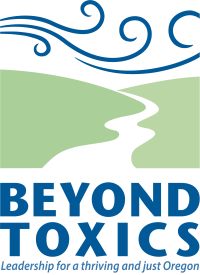
Beyond Toxics
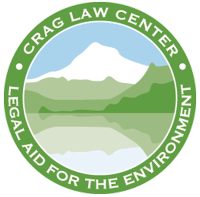
CRAG Law Center
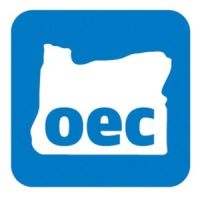
Oregon Environmental Council

Natural Resources Defense Council

Environmental Defense Fund
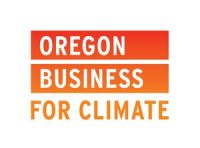
Oregon Business for Climate
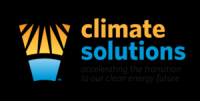
Climate Solutions





